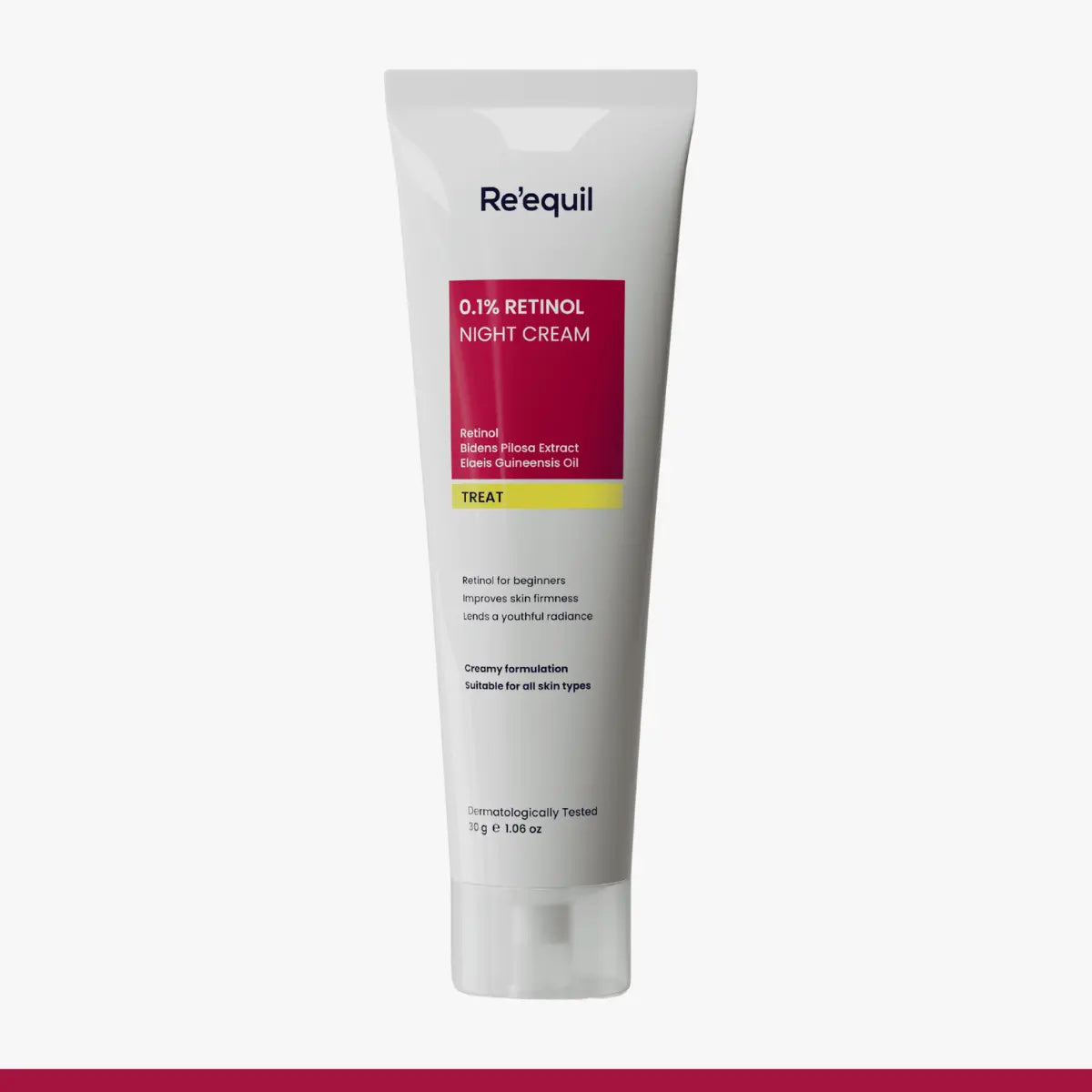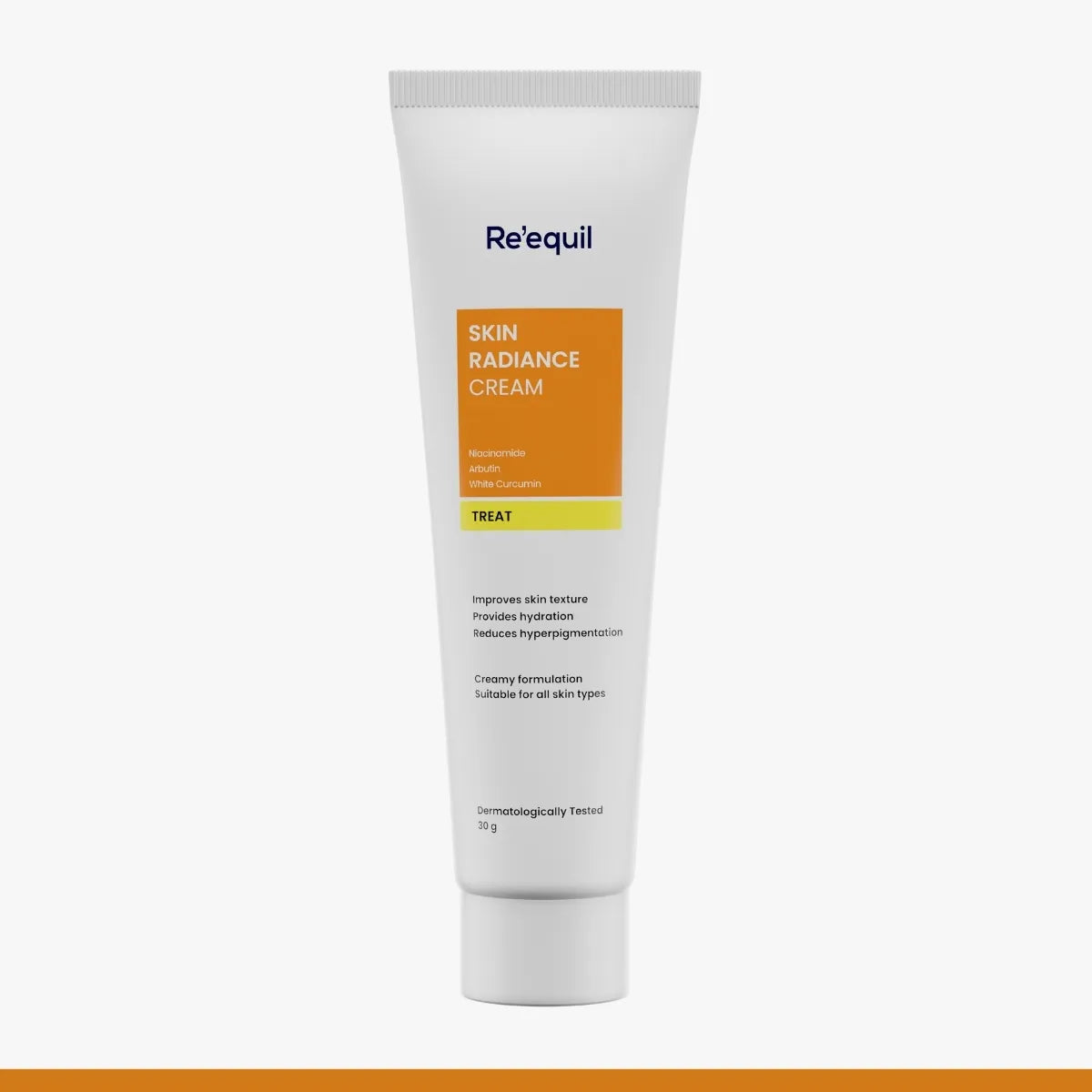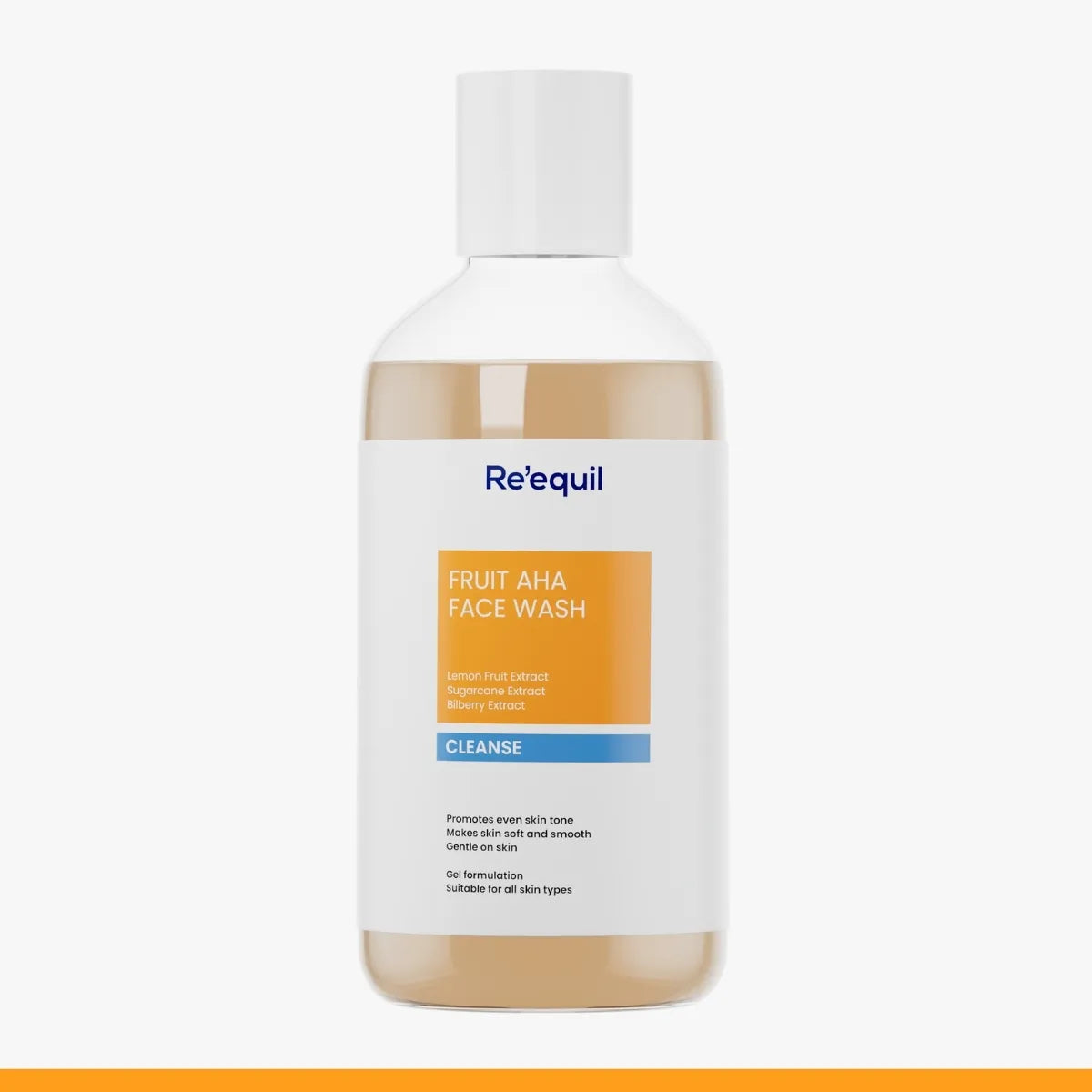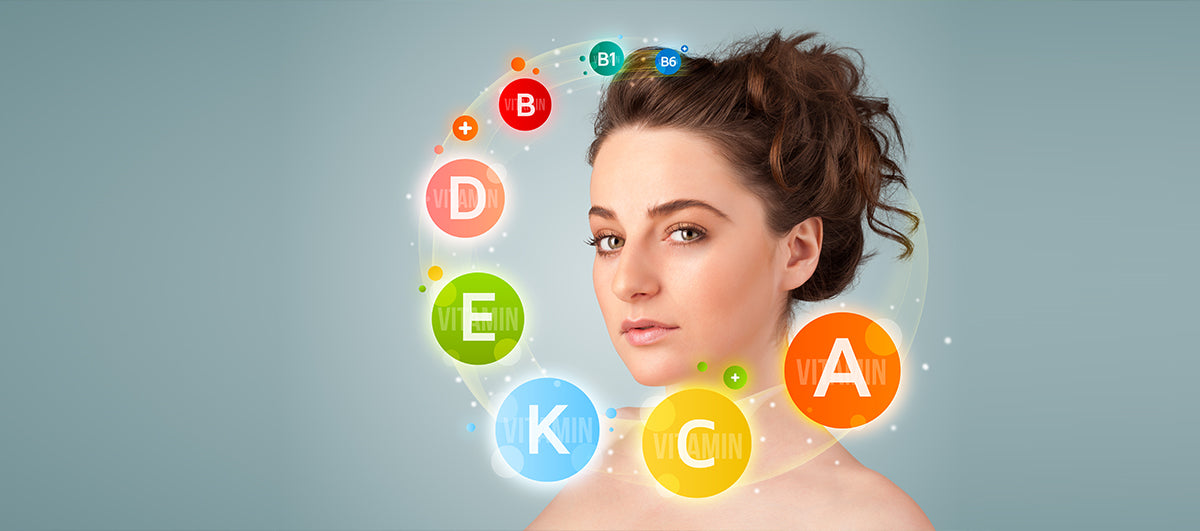You have probably heard that lack of vitamins in the body can lead to a number of health issues. However, do you know that vitamins are also much-needed nutrients if you strive for healthy and younger-looking skin in your 20s, 30s, and 40s? Vitamins are those essential nutrients that help to improve the antioxidant supply in your skin, this in turn keeps hyperpigmentation, age spots, premature aging, and saggy skin at bay. A 2017 international research study has also demonstrated that topical application of vitamin C, Vitamin E, and many others have a positive impact in enhancing skin elasticity and barrier functions.
Best vitamins for skin
- Vitamin C
- Vitamin E
- Vitamin B
- Vitamin A
- Vitamin K
1. Vitamin C
Vitamin C has many impressive benefits for your skin, hair, and overall well being. This powerful antioxidant prevents free radical damage in the body, which ultimately avert cell death. A research study published in the Journal of Cosmetic Dermatology has mentioned that vitamin C has photoprotective effects. This study further elaborates that topical application of vitamin C reduces the chances of UV-induced sun damage. In addition, vitamin C also helps to prevent the premature aging of the skin because of collagen-boosting properties. Scientific studies reveal that topical use of vitamin C protects you from sun damage. Dermatologist recommends using skin care products containing citric acid and witch hazel help to get rid of hyperpigmentation marks. The major benefits of citric acid are it aids in increasing the natural radiance of the skin by removing a layer of dead cells from the uppermost layer of your skin. A U.S. based dermatologist named Dr. Patricia Wexler also agrees that Vitamin C is one of the best vitamins for your skin.
Used for
- Uneven skin tone
- Sunburn
- Photoaging
- Hyperpigmentation
- Wrinkles
- Sagging skin
2. Vitamin E
Vitamin E is known as tocopherol or alpha-tocopherol. Another essential vitamin helps to heal and rejuvenate your skin. Being packed with incredible skin healing and moisturizing properties, it is widely used in the formulation of skin care lotions and moisturizers. Like Vitamin C, Vitamin E is a potent antioxidant for your skin. Many research studies explain that the combination of vitamin E and Vitamin C has increased antioxidant potential against photodamage. Also, external application of this vitamin is also found quite helpful to relieve the itchy and flaky skin.
Used for
- Skin itchiness
- Scars healing
- Dry and flaky skin
- Eczema or atopic dermatitis
3. Vitamin B3
As per skin care experts, it is good to incorporate Vitamin B3 in your skin care regimen. Many clinical research studies confirm that topical niacinamide (form of vitamin B3) helps to reduce the appearance of fine lines, wrinkles, and hyperpigmentation spots. It is considered one of the best vitamins for repairing the damaged skin barrier. This amazing skin vitamin helps to strengthen the barrier functions by promoting the synthesis of important skin lipids like ceramides. External use of niacinamide-based skin care products helps to keep the skin hydrated meanwhile protecting it from environmental damage. It also helps to fade away the pigmentation and uneven skin tone by preventing the transfer of pigment cells into the epidermis layer of your skin. The daily use of this vitamin helps to keep your skin looking bright, glowing, and wrinkle-free.
Used for
- Blotchiness
- Sun-damaged skin
- Fine lines and wrinkles
- Dull skin
- Acne
4. Vitamin A
When it comes to skin care, Vitamin A is one of the most important vitamins you should start considering. Vitamin A is a group of fat-soluble compounds including retinol, retinal, and provitamin A carotenoids like Beta carotene. The external use of vitamin A helps you to achieve a youthful and bright appearance. As per the research studies, vitamin A stimulates fibroblasts production, a type of cells that keep your skin firm and tight. According to a 2012 research study, getting plenty of Beta carotene increases skin's resistance against UV rays. Creams containing retinoids give anti-aging effects to your skin by reducing the appearance of fine lines and wrinkles. A research study published in The Journal of Clinical and Aesthetic Dermatology has demonstrated that topical retinoids help to boost collagen production and epidermal thickness. Hence it is advised to use at night only. Additionally, board-certified dermatologists advise wearing a good broad-spectrum sunscreen while using retinol.
Used for
- Premature aging
- Photo aging
- Acne
- Hyperpigmentation
- Sunspots
5. Vitamin K
It is also called phytonadione. Vitamin K is mostly known for its blood coagulation action. However, many research studies have elaborated about the topical benefits of vitamin K. Its external application is found to promote wound healing and collagen formation in damaged skin.
Used for
- Bruises
- Scars
- Wounds
6. Vitamin F
Vitamin F is made up of omega-3 (LA) and omega-6 fatty (ALA) acids. The topical use of this vitamin helps to keep your skin hydrated and moisturized. It helps to repair your skin barrier and reduces transepidermal water loss (TEWL) as well.
Used for
- Dermatitis
- Psoriasis
Conclusion

It is imperative to understand that healthy skin does not happen overnight. When you stay more diligent and patient about your skin care routine, only then you will be able to see a noticeable improvement in your skin health. Luckily, you can choose skin care vitamins based on your concerns like wrinkles, hyperpigmentation, uneven skin tone, acne, and so on. Without further delay, find the right skin care vitamins for your skin and make your skin alive again.







